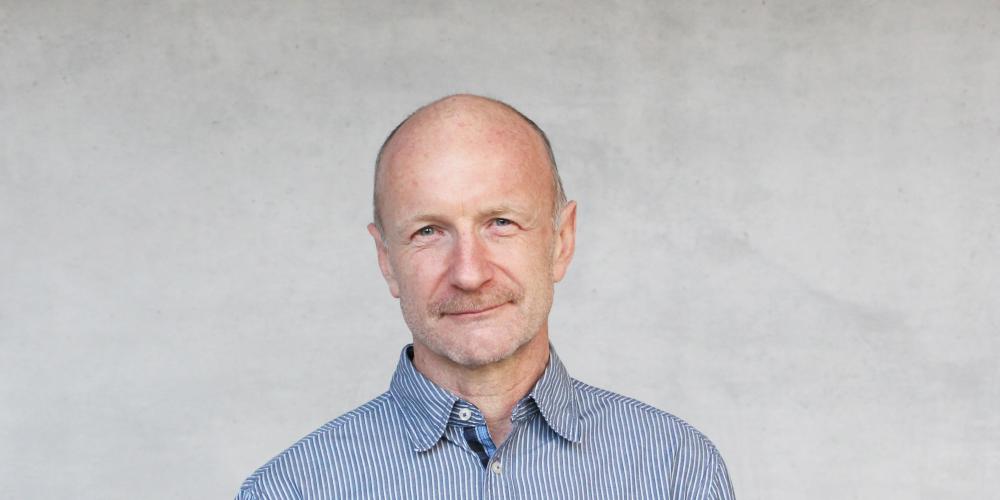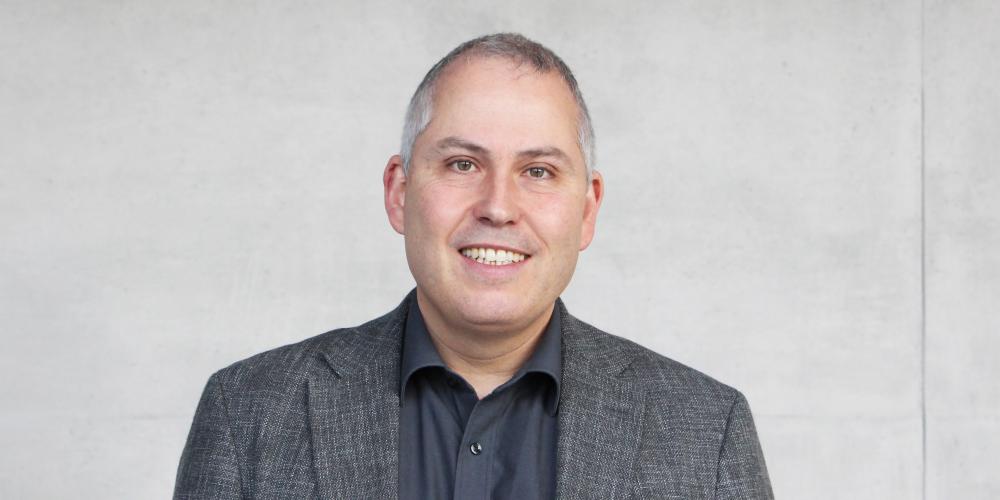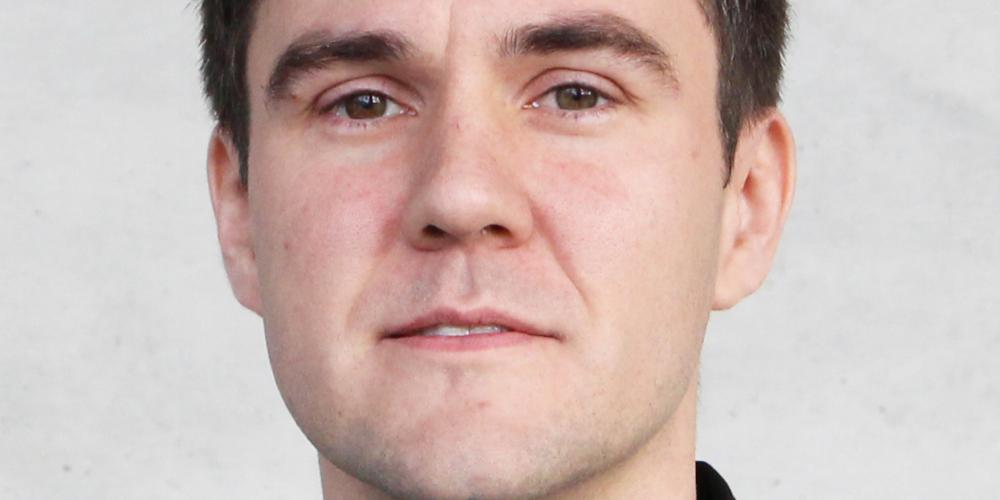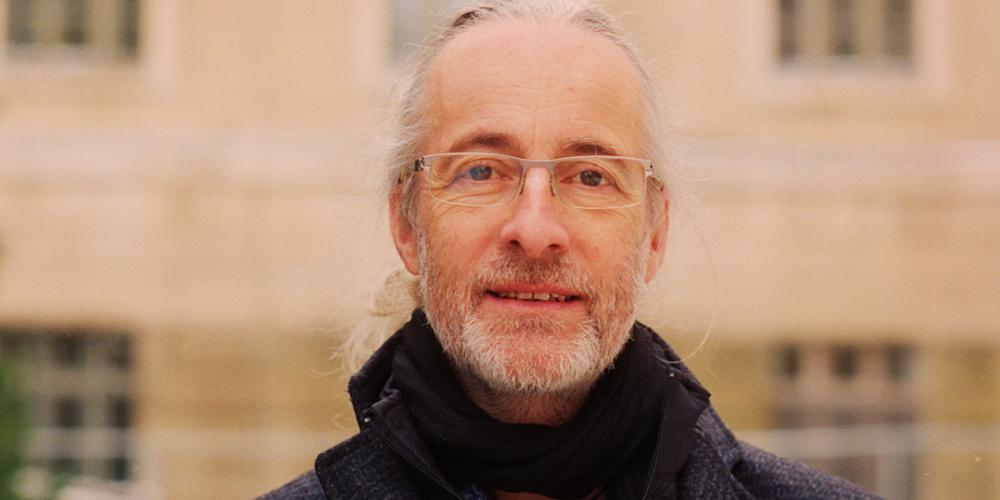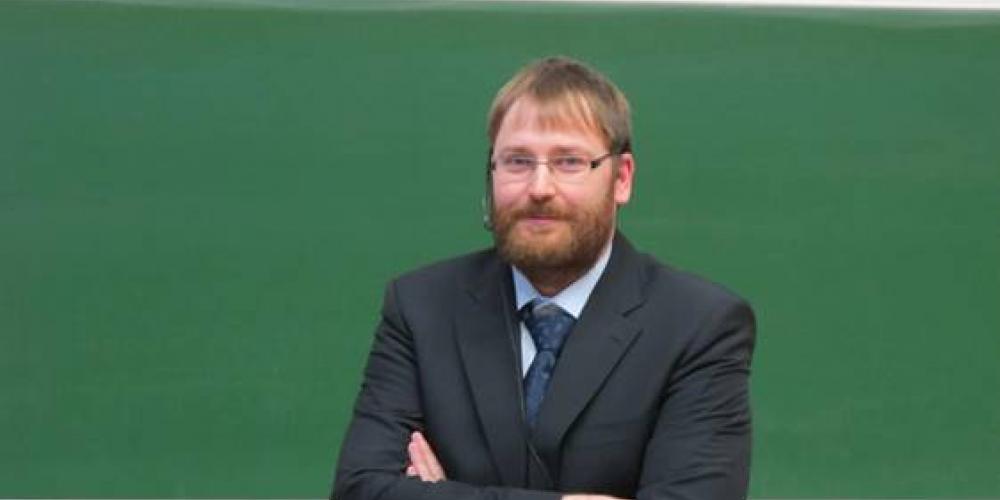Faculty of Mathematics and Natural Sciences
Research at the chair of Wireless Broadband Communication systems within the computer engineering group focuses on communication systems for ultra-high data rates. Professor Eckhard Grass and his research group develop and investigate systems operating at ultra-high frequencies and research techniques and methods to improve the efficiency and reliability of wireless communication. The main reserach and developement focus is physical layers (PHY) and MAC layers.
- Complete toolchain for modelling, simulation, design and test of communication systems
- Software Defined Radio (SDR) modules
- Various FPGA platforms and toolchains for FPGA design
- Modules for mm-wave communications
- Measurement equipment such as oscillosocopes, spectrum analyzers, arbitrary waveform generators
- Development of a system for high-speed wireless communication with simultaneous distance measurement for a renowned automotive supplier
- mm-wave communication system with integrated positioning of mobile nodes for augmented reality applications for German industrial equipment supplier
- Joint development of a system for secure wireless communication for industry 4.0 together German industry partners
- mm-wave connections for 5G transport networks with European industry partners
The chair of Visual Computing develops new methods for the analysis and synthesis of image and video data. This includes algorithms for estimating shape, material, motion and deformation from monocular and multi-view camera systems. Both in national and international collaborations, those algorithms are exploited in applications like multimedia, VR/AR, industry, medicine, and security.
- Various cameras
- Multispectral sensors, 3D sensors
- Lighting and calibration systems
- Development of new methods for automatic inspection and damage classification of sewer networks with a water supply company
- Development of augmented reality systems for automobile production processes with a car manufacturer
- Analysis of multispectral imaging for tissue classification in collaboration with medical technology manufacturer
The Logic in Computer Science group focuses on theoretical computer science, with emphasis on logic, database theory, and complexity theory. Particular attention is paid to the relations between these areas. For example, logics serve as a basis for database query languages and specification languages used for automatic verification, and many aspects of complex systems can be modeled by logical structures. Thus, properties of complex systems can be specified by logical formulas. The overall aim of our group is to gain better understanding of the complexity inherent in a problem or a system. Here, we are interested in various measures of complexity, including the computational complexity ("How difficult is it to algorithmically solve the problem?") and the descriptive complexity ("How difficult is it to describe the problem in a suitable formalism?"). Particular attention is paid to the connection between logical description of problems and efficient algorithmic solutions.
Prof. Weidlich chairs a research group on "Databases and Information Systems" at the Department of Computer Science. Earlier, he held positions at Imperial College London and the Technion - Isreal Institute of Technology. The group focuses on data-driven analysis of process-oriented systems (process mining), approaches for efficient processing of continuous data streams, as well as methods for the design of workflows for exploratory data analysis. The algorithms and systems developed by the group have been successfully applied in diverse domains, reaching from health care through logistics to e-commerce.
Consulting and knowledge transfer in
- Process Mining, data-driven analysis of processes
- Scalable infrastructures for data stream processing
- Design of data analysis workflows
- for a leading US cancer clinic: analysis and improvement of clinical processes based on the data of a real-time-locating-system
- for an international oil and gas group: development of techniques for detecting irregularities in streams of sensor data
- for a manufacturer of enterprise software: design of algorithms for efficient analysis of business process executions
German Association of Skiing Clubs, City of Aachen
The team of Christoph Schneider works on the impacts of climate and climate change in the field of urban climates and in the field of cryospheric sciences (anything related to snow and ice). His expertise comprises the downscaling of meteorological respectively climatological data for applications in high spatial resolution, for example for urban planning and construction schemes and also for the analysis of potential impacts of climate change on the level of city quarters and cities. Furthermore, such numerical and empirical-statistical procedures are applied to the projection of future water resources in glaciated catchments in high alpine environments worldwide. This also leads to applications regarding the future state of snow covers in mountain ranges which is especially important for questions of future prospects of snow sport tourism. In both fields of applications, the urban climatology and the cryospheric research, measurement strategies and data acquisition of relevant atmospheric variables for the projects are used besides theoretical modelling approaches and downscaling as outlined above.
- automatic weather stations
- turbulence stations
- devices for particulate matter and ultrafine particles
- mobile sensoring techniques for meteorological parameters
- measurement van as platform of mentioned instrumentation
- Study of the potential and feasibility for large solar power plants on the Iberian Peninsula and in Northern Africa for a large German solar power panel manufacturer (2005)
- Study of the projections of impacts of climate change on snow sport in German low moutain ranges for the German Association of Skiing Clubs and the German Federal Secretary of Research and Education (2008)
- Urban climate analysis for construction schemes for the City of Aachen (2006-2012)
- Climate change adaptation plans for cities in North Rhine-Westphalia (2014, 2015)
TWT GmbH
At the Chair of Software Engineering, Prof. Grunske and his team specialise in methods of software technology relevant to the field of automated development and quality control of software systems. His work also involves probabilistic techniques on the basis of which the probable and less probable behaviour of a program can be modelled. This allows for easier discovery and correction of software anomalies. Such statistic models are used in the monitoring and debugging of programs during runtime as well as in testing software, which supports the development of safe and reliable software systems. Furthermore, Prof. Grunske develops methods that enable a precise definition of the quality requirements of software systems, the formalisation of verification conditions as well as the (technical) safety in embedded systems and process and performance management.
- Software engineering
- Testing and verification
- Statistics/probabilistic methods
- Formalisation of application scenarios in cooperation with TWT GmbH: “Safe.Spec: Quality control of behaviour requirements”
- Using software systems to derive probabilistic models that can be used as specification during the software engineering process: „EMPRESS: Extracting and Mining of Probabilistic Event Structures from Software Systems”
- Development of evaluation methods for probabilistic models as well as machine learning based techniques for the transformation of models: “ENSURE-II: ENsurance of Software evolution by Run-time cErtification”
Prof. Freytag holds the chair of Databases and Information Systems (DBIS). His research interests include all aspects of processing and query optimisation in (object-)relational database systems, developments related to databases (such as semi-structured or graph based data), data quality, big data analyses as well as privacy support in database and information systems. Furthermore, Prof. Freytag is involved in many cooperations using database technology for applications such as geoinformation systems (GIS), bioinformatics, physics and life sciences. In the past, he received the IBM Faculty Award four times for collaborative work concerning databases, middleware, and bioinformatics/life sciences. In 2009 and 2010, Prof. Freytag won the HP Labs Innovation Research Award for his research in the field of databases and cloud computing. He was one of the organisers of the VLDB (Very Large Data Bases) conference in Berlin in 2003, the most important international database conference. From 2001 to 2007, he was a member of the VLDB foundation (VLDB Endowment Inc.). Since 2009, Prof. Freytag has been the spokesperson of the department DBIS of the German Informatics Society (GI).
- Large IBM Server Linux/AIX with DBMS IBM DB2
- Computer cluster with 128 cores
- 30TB storage capacity
- Renowned American IT/DBMS manufacturer: improving existing database management systems (DBMSs) in the area of query optimisation; extending existing ETL tools
- Renowned American IT/DBMS manufacturer: extending DBMS functionality; designing and prototyping performance improvements in query processing; suggestions for future extension of the DBMS products
- Well known German software manufacturer: continuous consulting in the area of database systems, spe-cifically, query processing over several years to improve performance and functionality
- Well known German company: design and implementation of a query processing optimiser for the Lighweight Directory Access Protocol (LDAP) product of this company
- Consulting for various SMEs in Germany in the area of data modeling and process modeling using a state-of-the-art DBMS technology; using DBMS technology within their own products; strategic consulting for a long term use of DBMS technology
